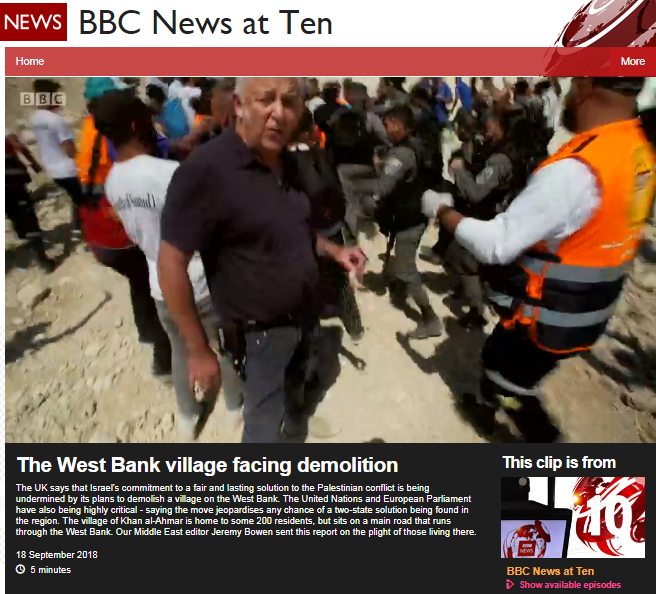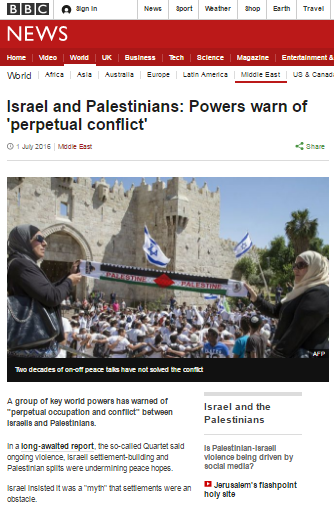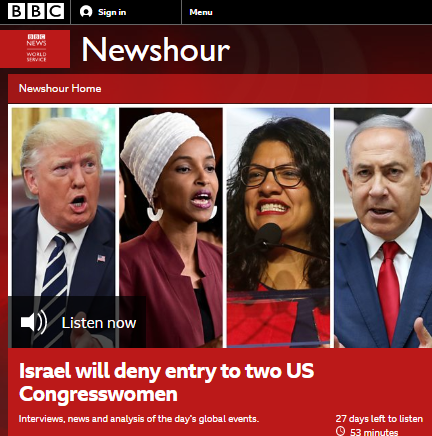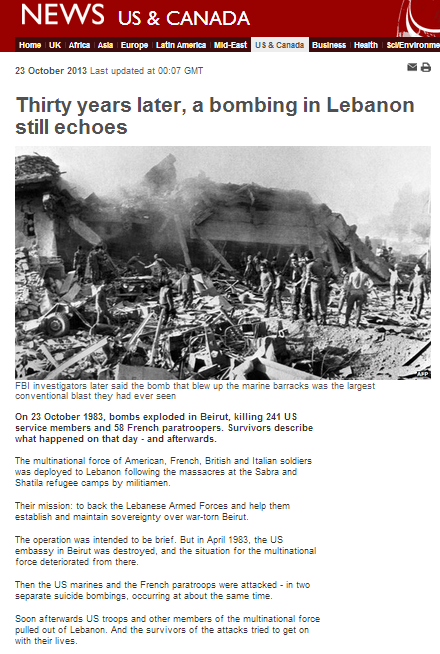The BBC’s portrayal of the reasons for restrictions on entry to Israel from the Gaza Strip is usually at best superficial and at worst misleading and politically motivated. Two months ago, for example, Yolande Knell made opportunistic use of a story about the rescue of neglected animals from a Gaza zoo for the promotion of a deliberately incomplete representation of those travel restrictions that made no mention of the factor which necessitates them: Palestinian terrorism.
“In Khan Younis at the Mahali [phonetic] family home, the children show me their plastic zoo animals and I tell them Laziz [the tiger] is moving to South Africa.”
“Akram Mahali says daily life is a struggle. Neither he nor his six children have ever seen life outside Gaza and they’re not likely to any time soon. With Hamas in control of the Palestinian territory, both Israel and Egypt impose tight border restrictions and limit travel.”
Voiceover Mahali: “There is nothing nice in Gaza. Really if I could I would take them out. I wish I could. There is no money, no happy life and there is no work. There are power cuts. I see now the animals are living better than humans.”
Knell closed that radio report with the following loaded statement:
“Then, just after dawn, the animals leave Gaza. Their suffering will soon be over but they leave behind Palestinians who continue to feel trapped.”
That report was not atypical: in the past BBC audiences have seen or heard restrictions on the movement of people and specific categories of goods in and out of the Gaza Strip inaccurately described as “collective punishment” or a “siege”.
There is therefore all the more reason for the BBC – which claims to be impartial and is tasked with building audience understanding of “international issues” – to report stories which would help its audiences understand the real reasons for the counter-terrorism measures which include restrictions on entry to Israel from the Gaza Strip. One such story was recently cleared for publication.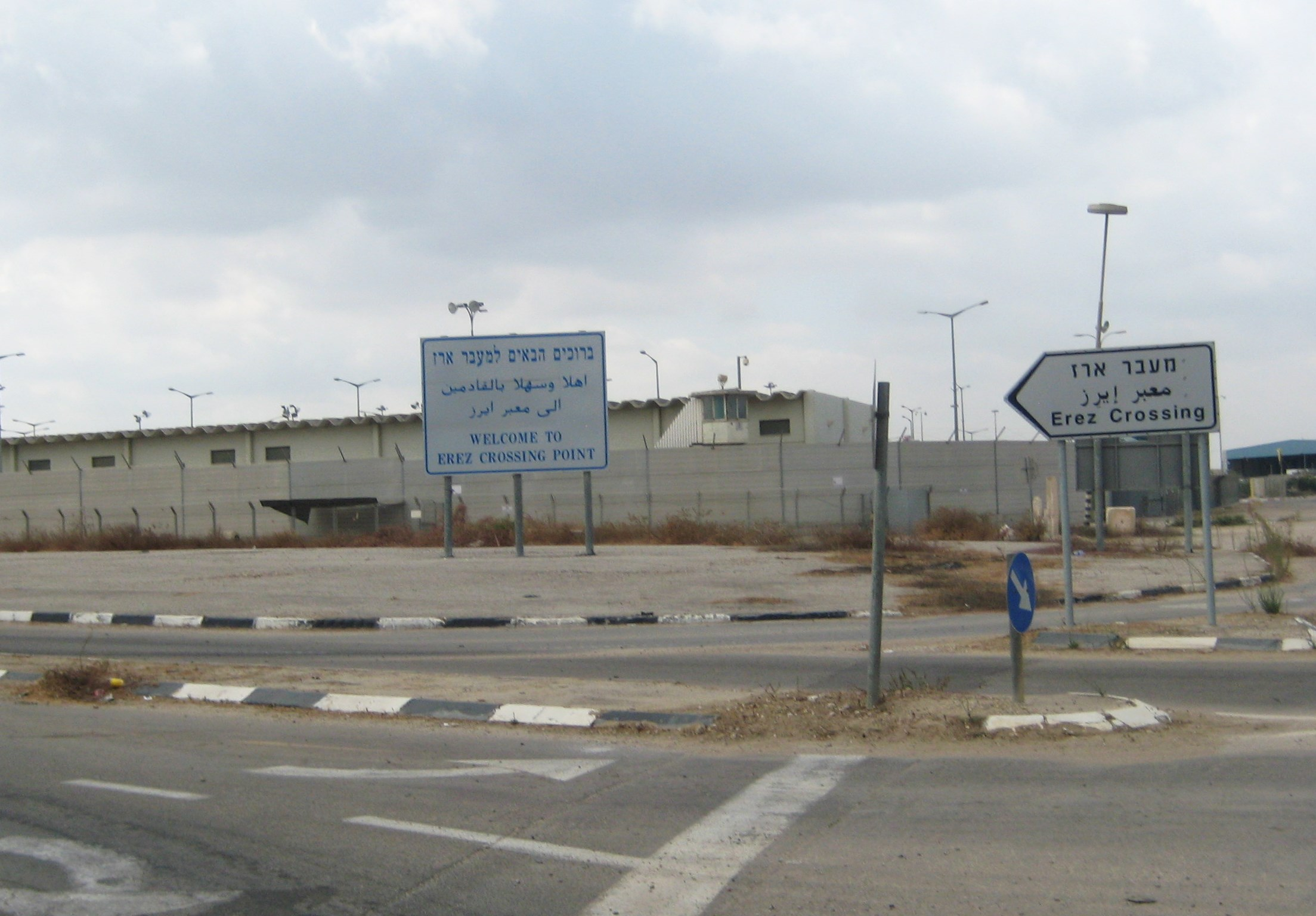
“On 21 September 2016, at Erez Crossing, the ISA, in cooperation with the Israel Police, arrested Mahmoud Yusuf Hasin Abu Taha, a resident of Khan Younis, as he sought to enter Israel via the Erez Crossing ostensibly for commercial purposes.
During his investigation it was learned that he led a terrorist cell guided by Islamic Jihad in the Gaza Strip, and had been planning to carry out a large-scale terrorist attack at an events hall in the south and to abduct and murder an IDF soldier for bargaining purposes.
It was also learned that Mahmoud Yusuf Hasin Abu Taha had been recruited by Wael Sufiyan Abu Taha, a senior Islamic Jihad terrorist, who resides in Gaza, and who had directed him to establish a military infrastructure and prepare to carry out the aforementioned attacks. Mahmoud Yusuf Hasin Abu Taha, in turn, recruited three additional cohorts who have also been arrested”.
Unsurprisingly, the BBC did not find that story newsworthy.
Related Articles:
Documenting the BBC’s continuing silence on Gaza smuggling
BBC waives another chance to explain why Gaza’s naval blockade exists

